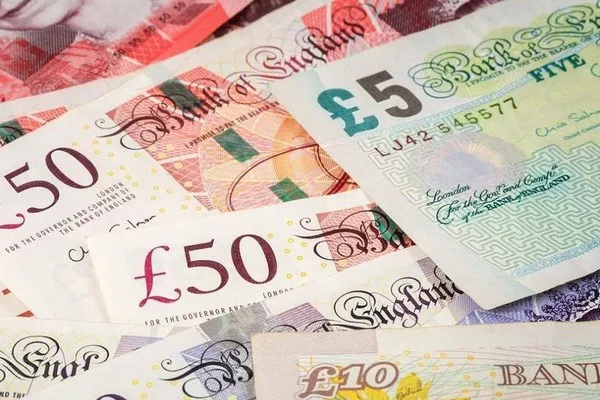The British pound has been one of the world’s most stable currencies for decades, but in recent years, it has been experiencing a significant decline. There are many factors contributing to this decline, including Brexit, economic uncertainty, and political instability. This article will provide an in-depth analysis of why the British pound is falling and what the future holds for this once-strong currency.
1.Brexit and Its Impact on the British Pound:
Brexit, or the United Kingdom’s decision to leave the European Union, has had a significant impact on the British pound. Before the referendum, the pound was trading at around 1.50 against the US dollar. However, immediately after the result was announced, the pound fell by more than 10% in value against major currencies, including the US dollar and the euro.
One of the reasons for the pound’s fall was uncertainty over the UK’s future trading relationship with the EU. The EU is the UK’s largest trading partner, and any disruption to that relationship could have serious consequences for the UK’s economy. As a result, investors began to sell off pounds, fearing a potential economic downturn.
2.Economic Uncertainty and Political Instability:
Brexit isn’t the only reason for the British pound’s decline. Economic uncertainty and political instability have also played a significant role. For instance, the UK’s economy has been struggling since the 2008 financial crisis, and growth rates have been slower compared to other developed economies.
Furthermore, political instability has added to the uncertainty. The UK has had three prime ministers since the Brexit vote, and there have been several elections, which have led to further uncertainty. This instability has made it difficult for businesses to plan effectively, causing further damage to the economy, and leading to the depreciation of the pound.
3.Monetary Policy:
The Bank of England plays a crucial role in the value of the British pound. The bank’s monetary policy decisions can impact the pound’s exchange rate significantly. For example, in August 2016, the bank lowered interest rates to a record low of 0.25% to stimulate the economy and counteract the negative effects of Brexit.
However, these measures have not been enough to stabilize the pound. Despite the bank’s best efforts, the pound has continued to fall against major currencies, including the US dollar and the euro.
4.Global Economic Factors:
The value of the pound is also affected by global economic factors. For instance, during the COVID-19 pandemic, the pound fell due to a decrease in demand for UK goods and services. Additionally, the US Federal Reserve’s decision to cut interest rates in March 2020 caused the pound to fall further.
Furthermore, political uncertainty in other countries can affect the pound’s value. For example, the ongoing trade tensions between the US and China have contributed to a decline in the pound’s value. This is because investors tend to move towards safer assets like the US dollar when there is political instability.
How Does A Weak Pound Affect me?
A weak pound can affect you in several ways, depending on your circumstances. Here are a few examples:
1. Increased cost of imports: When the value of the pound falls, it becomes more expensive to import goods from overseas. This could lead to higher prices for goods that you buy regularly, such as food or clothing.
2. Lower purchasing power when traveling abroad: If you travel overseas, a weak pound means that your money won’t go as far as it used to. For example, if you’re visiting the United States and the pound is weak against the dollar, you’ll get fewer dollars for your pounds than you would have in the past.
3. Increased demand for UK exports: While a weaker pound makes imports more expensive, it also makes UK exports more attractive to foreign buyers. This could boost demand for products made in the UK, potentially leading to increased job opportunities in certain sectors.
4. Higher inflation: A weaker pound can lead to higher inflation, as the cost of importing goods and raw materials increases. This could lead to higher prices across the board, affecting everything from groceries to energy bills.
Conclusion:
In conclusion, the British pound’s decline is an outcome of various factors. Brexit, economic uncertainty, political instability, monetary policy, and global economic factors are all contributing to the depreciation of the pound. While the Bank of England and the UK government have taken measures to counteract the negative effects, it remains to be seen whether these measures will be enough to stabilize the pound’s exchange rate. However, with the UK’s economy showing signs of recovery and the country slowly emerging from the COVID-19 pandemic, there is hope that the pound will regain some of its lost value in the coming years.


